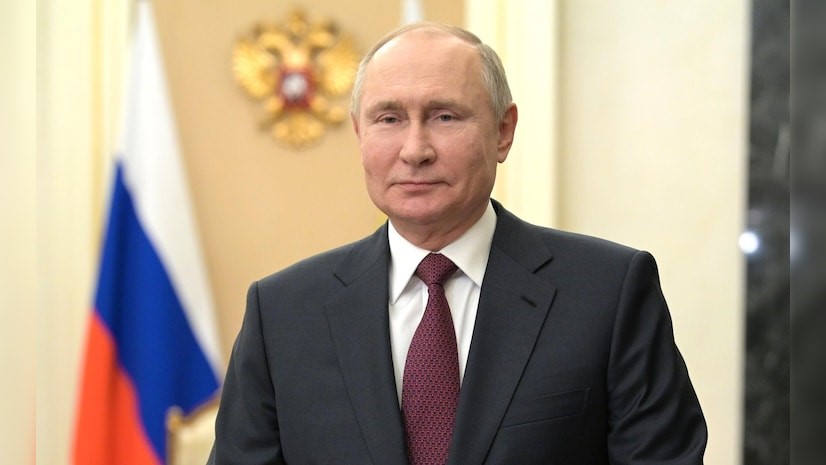So, Vladimir Putin will remain the Russian President till 2030. Leaders from Global North and the Western Press have joined hands to condemn the elections, but not everyone is sad.
In the wake of Vladimir Putin’s landslide victory, reactions spanned the predictable spectrum, ranging from hearty congratulations to exasperated condemnations, creating a mosaic of international sentiment that, if nothing else, showcased the art of diplomatic subtlety (and the lack thereof).
Join us on Telegram: https://t.me/tfiglobal
China’s President Xi Jinping lauded Putin’s re-election as a testament to the unwavering support of the Russian populace, foreseeing a future of grand achievements under Putin’s stewardship. Meanwhile, India’s Prime Minister Narendra Modi looked forward to bolstering the “Special & Privileged Strategic Partnership” between their nations, painting a picture of mutual admiration and cooperation that is almost idyllic.
Nicolas Maduro of Venezuela and Milorad Dodik from Bosnia shared their jubilation, seeing in Putin’s triumph a signal of good fortune for the world and a reaffirmation of enduring friendships. These accolades were rich with warmth and solidarity.
Read More: Putin’s TARGET list is causing PANIC in NATO Camp
However, not everyone was ready to join in on the chorus. The White House, in a tone dripping with disbelief, pointed out the glaring issues of political opponents being jailed and potential rivals barred from running. The UK’s David Cameron and Lithuania’s Gabrielius Landsbergis lamented the absence of freedom and fairness in the elections, their statements tinged with a frustration that seemed to say, “Here we go again.”
France and Germany, not to be outdone in their critique, denounced the elections’ legitimacy, particularly condemning the audacity of conducting polls in Ukrainian territories. Italy and the Czech Republic echoed this sentiment, deploring the so-called farcical nature of the electoral process under Putin’s shadow.
But perhaps the most scathing rebuke came from Ukraine’s clown, who minced no words in calling Putin a power-hungry dictator whose rightful place was in a courtroom in The Hague, not the Kremlin. Zelensky’s condemnation, a stark contrast to the congenial messages from Putin’s allies, underscored that the midget is still some spanking away from an unconditional surrender.
The West’s frustrated reactions seemed less like concerns over electoral integrity and more like exasperated sighs at a performance that they just want to end. Yet, amidst these varied responses, one thing remained clear: Putin’s victory, whether celebrated or condemned, was a moment of significant political theatre, showcasing the elaborate dance of diplomacy, where every step, misstep, and gesture holds deeper meanings.
In a world where fiction often masquerades as fact, the tale of MI6+CIA prodigy Alexei Navalny, famously cast by the Western press as poised to dethrone Putin, unfolded with a touch of irony. Navalny’s demise, swiftly met with accusatory fingers pointed at Putin, painted a picture so vivid, one could almost forget the 83% approval rating towering over Navalny’s modest 2.5%. The narrative, as spun by Western media, framed Navalny as the formidable adversary Putin feared, a narrative that, while compelling, overlooked a minor detail: even on his best day, Navalny would have clinched a distant third in the race, not even close to a silver medal.
Read More: Chrystia Freeland will Defeat Putin
This spectacle, underscored by the West’s deep-seated aversion to Putin, has become a source of bemusement. Observing the West’s collective meltdown, one might find a guilty pleasure in the theatrics of international politics, where the lines between reality and paranoia blur, and the distinction between a genuine threat and a convenient scapegoat becomes as clear as mud. In this grand performance, the audience is treated to a masterclass in the art of belief, where some lies, told often enough, become indistinguishable from truth, at least in the eyes of the beholders.
